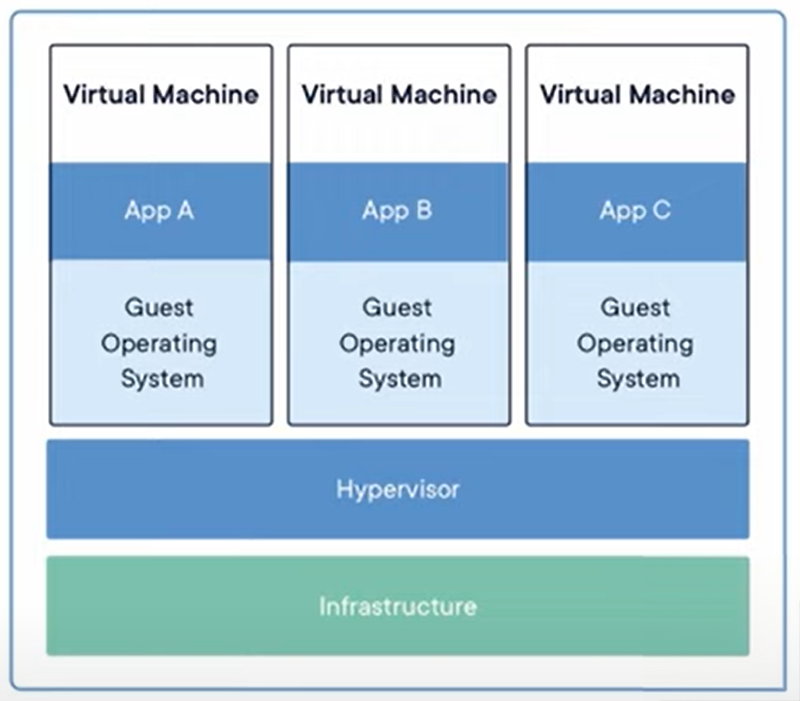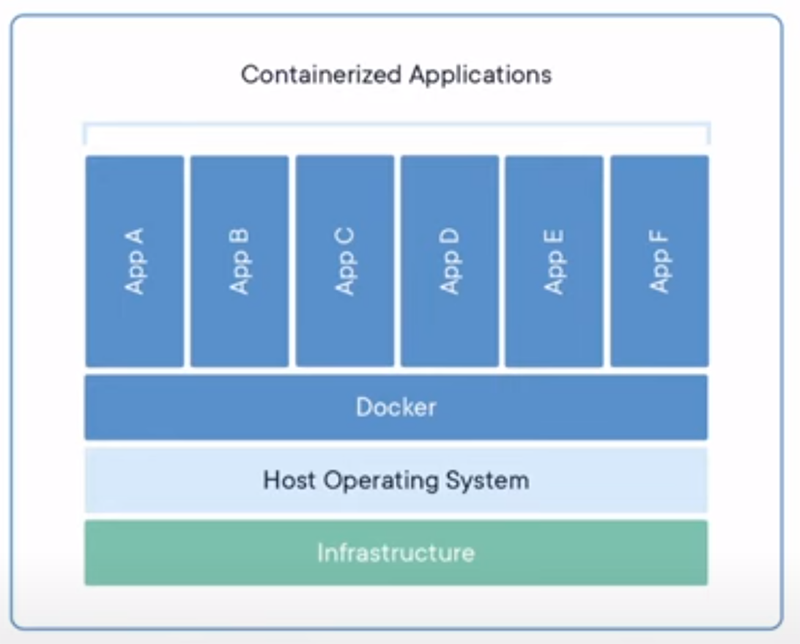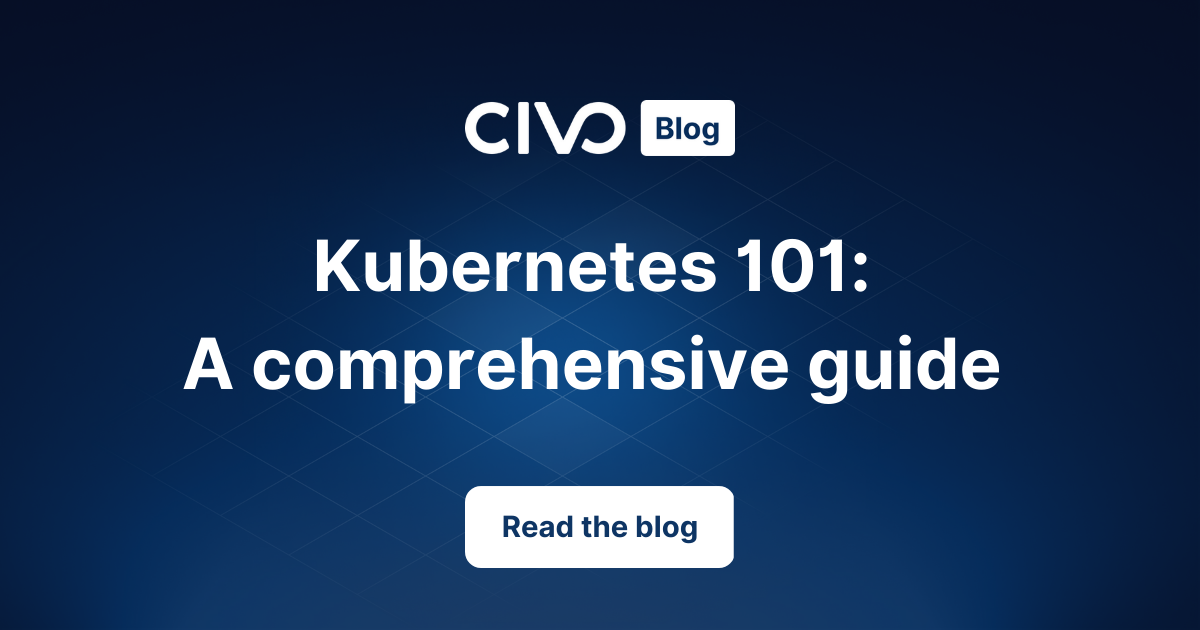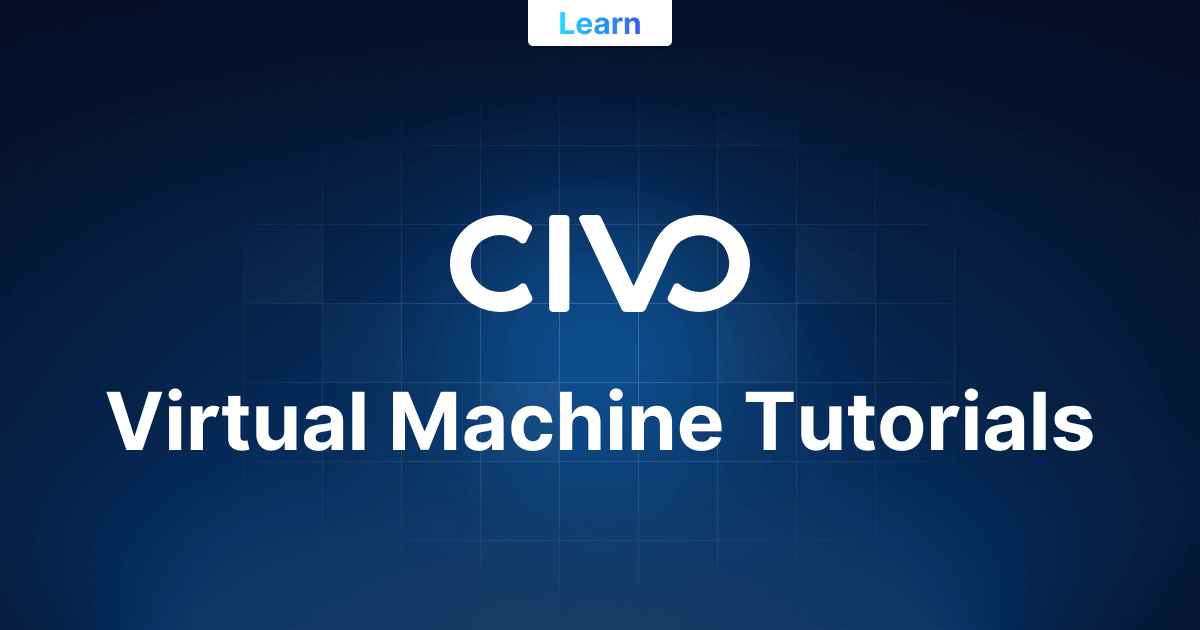Containers & Virtual Machines
Civo Academy - Containers & Virtual Machines
Description
In this Civo Academy lesson, explore the key differences between Containers and Virtual Machines, two pivotal technologies in cloud computing. Understand their architecture, operation, and how they compare.
In cloud computing, two technologies have emerged as key players in resource isolation and allocation: Containers and Virtual Machines (VMs). Both offer unique benefits, but their functions differ significantly. This article will delve into the intricacies of Containers and Virtual Machines, highlighting their architecture, operation, and how they compare.

Introduction to Containers
As explained in our previous academy introduction to containers lesson, containers are a form of operating system virtualization. Unlike VMs, which virtualize the hardware, containers virtualize the operating system. This makes them highly portable and efficient. Containers encapsulate an application along with its dependencies, allowing them to run as isolated processes on the host operating system. This architecture enables multiple containers to operate on the same machine, sharing the host's OS kernel but running in separate environments.
Containers are lightweight, taking up only a few megabytes of space, and can handle more applications, requiring fewer VMs or operating systems. This efficiency is due to the fact that containers do not install a full operating system but share the host operating system.

Understanding Virtual Machines
Virtual Machines, on the other hand, provide an abstraction of the physical hardware, turning a single server into multiple servers. This is achieved through a software known as a hypervisor, which allows the host computer to support multiple guest VMs by sharing its resources.
Each VM is a complete copy of an entire operating system, including the application, necessary binaries, and libraries. As a result, VMs can take up tens of gigabytes in size and may take longer to boot up. However, with platforms like Civo cloud, instances can be set up in less than two minutes.
Containers vs. Virtual Machines: A Comparison
While both containers and VMs provide resource isolation and allocation benefits, their use cases differ. With their portability and efficiency, containers are ideal for applications that need to be rapidly scaled and distributed. On the other hand, VMs, with their ability to run multiple operating systems on a single server, are perfect for applications that require full resource isolation and extensive OS capabilities.
In essence, the choice between containers and VMs isn't a binary one. They are often used together, providing flexibility in deploying and managing applications. In many scenarios, containers run on top of VMs, leveraging the strengths of both technologies.
Conclusion
Understanding the difference between containers and VMs is crucial for developing an agile, cloud-native, application-driven strategy. Whether you choose containers for their portability and efficiency, or VMs for their comprehensive resource isolation, both technologies have a significant role to play in modern cloud computing.
These may also be of interest

Kubernetes 101: A comprehensive guide
Learn all about Kubernetes, including its features, benefits, and advanced topics such as networking, storage, security, and operators.

Kubernetes power for Virtual machines using KubeVirt
KubeVirt: A Kubernetes extension for running traditional VM workloads alongside container workloads. Benefits include declarative approach, Kubernetes power, and observability tools.

Guides for virtual-machine
Explore our Virtual Machine tutorials and master the art of virtual machine management. Acquire practical skills with Virtual Machine today!
